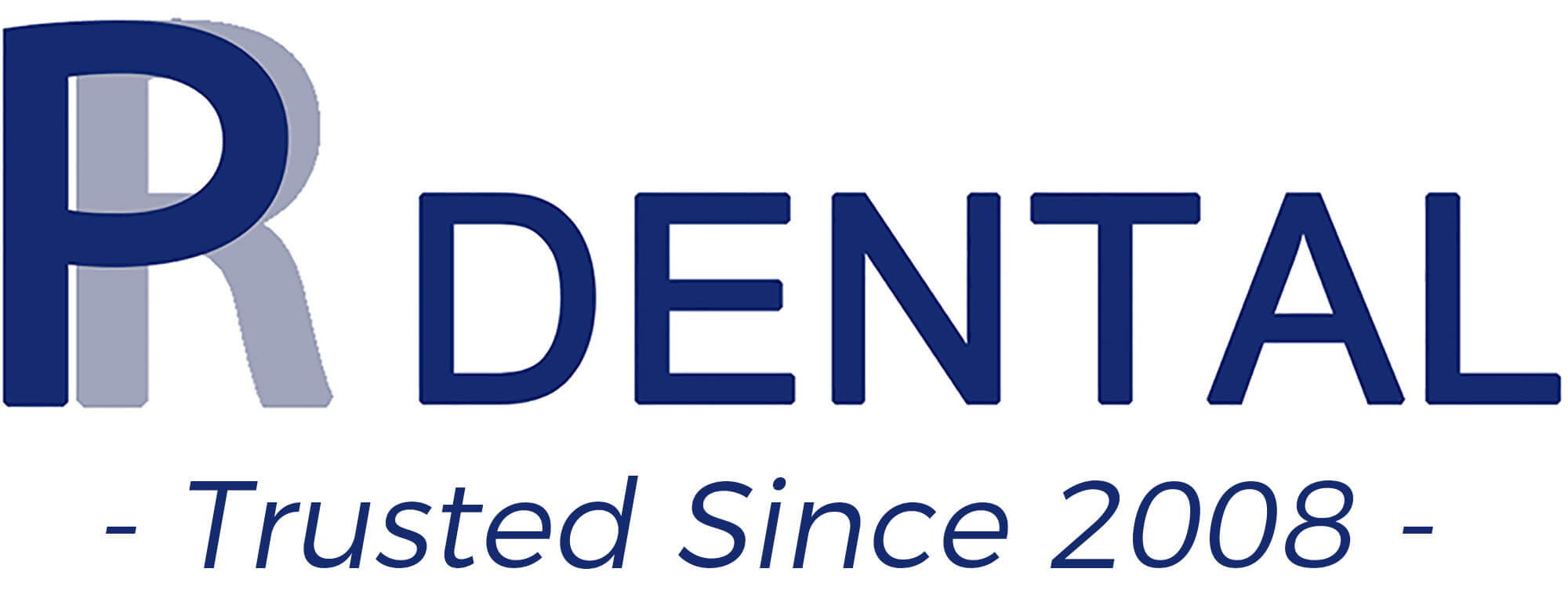Cavities, also known as dental caries, are permanently damaged areas in the hard surface of your teeth that develop into tiny openings or holes. They are caused by a combination of factors, including bacteria in your mouth, frequent snacking, sugary drinks, and poor oral hygiene. Cavities can lead to toothaches, infections, and even tooth loss if left untreated.
How can you prevent cavities?
Preventing cavities is essential for maintaining good oral health. Here are some tips to help you avoid cavities:
1. Brush your teeth regularly
Brush your teeth at least twice a day with fluoride toothpaste. Make sure to brush all surfaces of your teeth, including the front, back, and chewing surfaces. Use a soft-bristled toothbrush and replace it every three to four months.
2. Floss daily
Flossing removes plaque and food particles from between your teeth and along the gumline, where your toothbrush cannot reach. Make it a habit to floss at least once a day.
3. Limit sugary and acidic foods
Sugary and acidic foods can contribute to the formation of cavities. Limit your consumption of sugary snacks, candies, sodas, and fruit juices. If you do indulge in these treats, rinse your mouth with water afterward or brush your teeth to minimize the effects.
4. Drink fluoridated water
Fluoride is a mineral that helps prevent tooth decay. Drinking fluoridated water can strengthen your teeth and make them more resistant to cavities. If your tap water is not fluoridated, consider using fluoride mouthwash or talking to your dentist about fluoride treatments.
5. Visit your dentist regularly
Regular dental check-ups and cleanings are crucial for preventing cavities. Your dentist can detect early signs of tooth decay and provide professional cleanings to remove plaque and tartar buildup. Follow your dentist's recommendations for check-up frequency.
6. Consider dental sealants
Dental sealants are thin, protective coatings applied to the chewing surfaces of your back teeth (molars). They can help prevent cavities by sealing off the grooves and pits where food particles and bacteria often get trapped. Talk to your dentist to see if dental sealants are a good option for you.
By following these preventive measures, you can significantly reduce your risk of developing cavities. Remember to maintain good oral hygiene practices, make healthy food choices, and visit your dentist regularly. Your smile will thank you!

